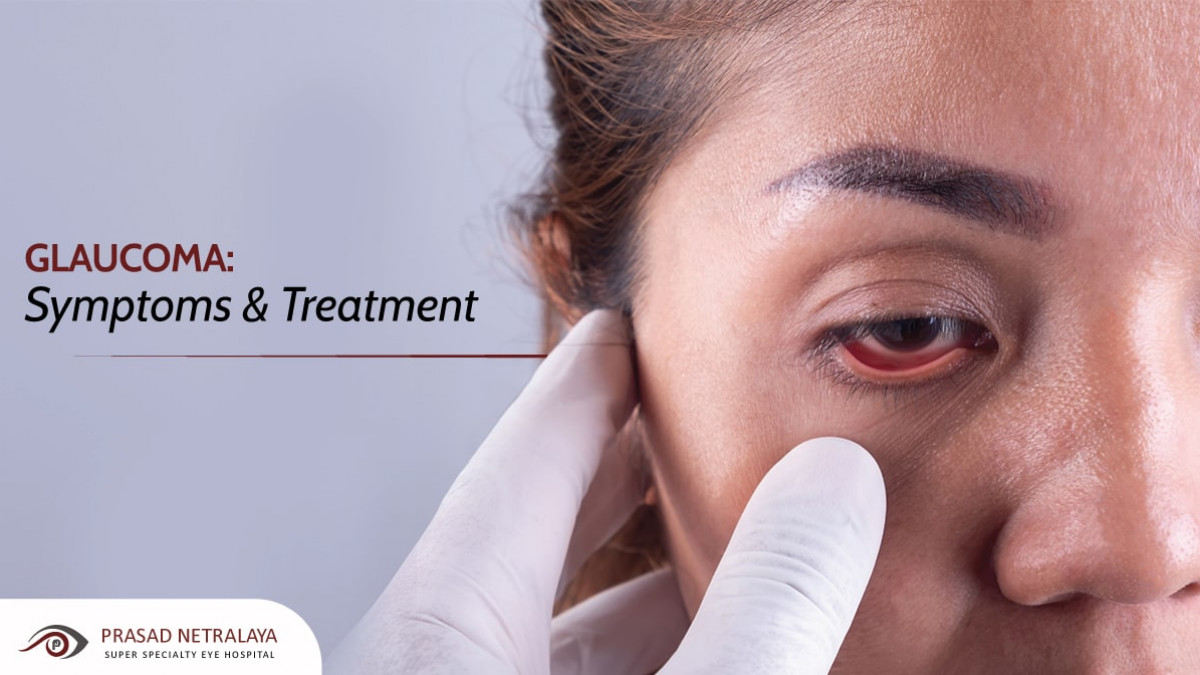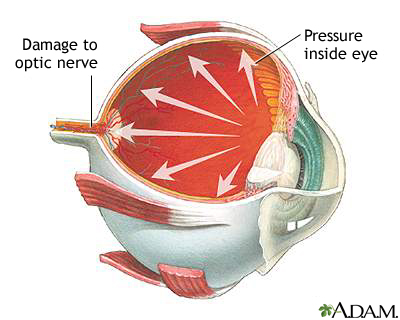Relied on Eyecare Near Me: Your Overview to Keeping Healthy And Balanced Vision
Comprehending the Various Vision Correction Procedures Available for Clearer Sight
In the realm of vision correction treatments, a wide range of options exist to address refractive errors and provide individuals with clearer view. From the extensively identified LASIK surgical procedure to much less invasive treatments like PRK and implantable lenses, the area of ophthalmology offers a variety of strategies customized to suit different demands and preferences. Each procedure includes its very own collection of factors to consider, benefits, and possible threats. Comprehending the subtleties of these vision improvement approaches is important for making educated choices about one's visual wellness. Let's discover the intricacies of these procedures and clarified the course to accomplishing improved vision clearness.
LASIK Surgical Procedure
LASIK surgical treatment is a typical refractive treatment made use of to deal with vision problems such as farsightedness, nearsightedness, and astigmatism - retina service near me. This surgical method, which represents Laser-Assisted in Situ Keratomileusis, aims to improve the cornea to enhance how light is concentrated on the retina, inevitably enhancing vision clearness. During the treatment, a slim flap is created on the cornea, and a laser is made use of to get rid of precise quantities of tissue to reshape it properly. This reshaping permits light to be accurately focused onto the retina, fixing refractive errors.
One of the primary benefits of LASIK surgical treatment is the quick improvement in vision experienced by individuals. Numerous people observe a considerable improvement in their vision instantly after the procedure. Additionally, many people report very little pain and discomfort during the surgery and recovery duration. The healing time for LASIK is fairly fast, with several individuals returning to their daily activities within a day or two post-operation. In general, LASIK surgery is a preferred choice for individuals looking for a long-lasting solution for their vision problems.
PRK Procedure
While likewise an usual refractive treatment, the PRK (Photorefractive Keratectomy) strategy varies from LASIK surgery in its approach to correcting vision problems. In PRK, instead of creating a flap on the cornea, the outer layer of the cornea, called the epithelium, is totally removed. This allows the laser to reshape the cornea to fix refractive mistakes such as astigmatism, farsightedness, and nearsightedness directly externally.

Despite the longer recovery time, PRK can generate excellent cause vision enhancement, making it a valuable alternative for those who might not appropriate candidates for LASIK surgical treatment.
Implantable Lenses
In comparison to PRK where the cornea is improved directly, implantable lenses use another technique for fixing vision by placing man-made lenses inside the eye. This procedure is particularly helpful for individuals with high levels of farsightedness, astigmatism, or nearsightedness who may not be suitable candidates for laser surgical treatments like LASIK or PRK.
Implantable lenses, additionally referred to as phakic intraocular lenses, job by supplementing the eye's all-natural lens with a synthetic one. glaucoma service near me. These lenses can be placed before the all-natural lens (anterior chamber) or behind the iris and before the natural lens (posterior chamber) By adjusting the power and positioning of these lenses, eye doctors can effectively deal with refractive errors and boost visual skill
One benefit of implantable lenses is that they are removable and exchangeable, providing flexibility for future changes. Nonetheless, just like any type of original site procedure, there are threats entailed, such as infection or cataract formation. People taking into consideration implantable lenses ought to seek advice from an eye treatment expert to establish the most ideal option based upon their specific demands and eye wellness.
Corneal Rings
Corneal rings, also called intracorneal ring sections, are small, clear devices inserted right into the cornea to deal with vision distortions such as keratoconus. Keratoconus is a problem where the cornea thins and bulges exterior, triggering vision to end up being altered. The insertion of corneal rings helps to squash the cornea, boosting visual acuity and reducing the uneven astigmatism brought on by keratoconus.
The procedure for putting corneal rings is minimally intrusive and reasonably fast, often carried out as an outpatient procedure. Throughout the surgical treatment, the ophthalmologist makes a small cut in the cornea and inserts the rings at a certain depth. As soon as in position, the rings aid to reshape the cornea, providing a smoother surface for light to get in the eye, which can lead to more clear vision.
Corneal rings are thought about a relatively easy to fix procedure, as they can be gotten rid of or changed if required. glaucoma service near me. While they may not entirely eliminate the requirement for glasses or call lenses, corneal rings can dramatically enhance vision top quality and total visual comfort for people with keratoconus or various other corneal irregularities
Refractive Lens Exchange
Complying with the improvement of corneal abnormalities with treatments like corneal rings, an additional vision improvement technique that can address refractive errors is Refractive Lens Exchange (RLE) RLE is a medical procedure that entails replacing the eye's natural lens with a fabricated intraocular lens (IOL) to correct refractive errors such as farsightedness, nearsightedness, and presbyopia. This treatment is specifically advantageous for people that might not appropriate candidates for procedures like LASIK or PRK because of aspects such as thin corneas or high refractive mistakes.

Verdict
In conclusion, there are different vision improvement procedures offered refractive surgeries in al to help people accomplish clearer view. LASIK surgery, PRK treatment, implantable lenses, corneal rings, and refractive lens exchange are all options that can address different vision issues. It is essential for people to consult with their eye care company to identify one of the most appropriate procedure based upon their specific needs and preferences. With improvements in innovation, accomplishing enhanced vision is now more obtainable than in the past.
In the world of vision improvement treatments, a plethora of options exist to resolve refractive mistakes and supply people with clearer sight.LASIK surgical treatment is a typical refractive procedure made use of to remedy vision troubles such as astigmatism, farsightedness, and nearsightedness.While additionally a typical refractive treatment, the PRK (Photorefractive Keratectomy) strategy varies from LASIK surgical procedure in its technique to correcting vision troubles.Complying with the correction of corneal irregularities with procedures like corneal rings, an additional vision adjustment method that can deal with refractive mistakes is Refractive Lens Exchange (RLE) LASIK surgery, PRK procedure, implantable lenses, corneal rings, and refractive lens exchange are all choices that can deal with various vision problems.